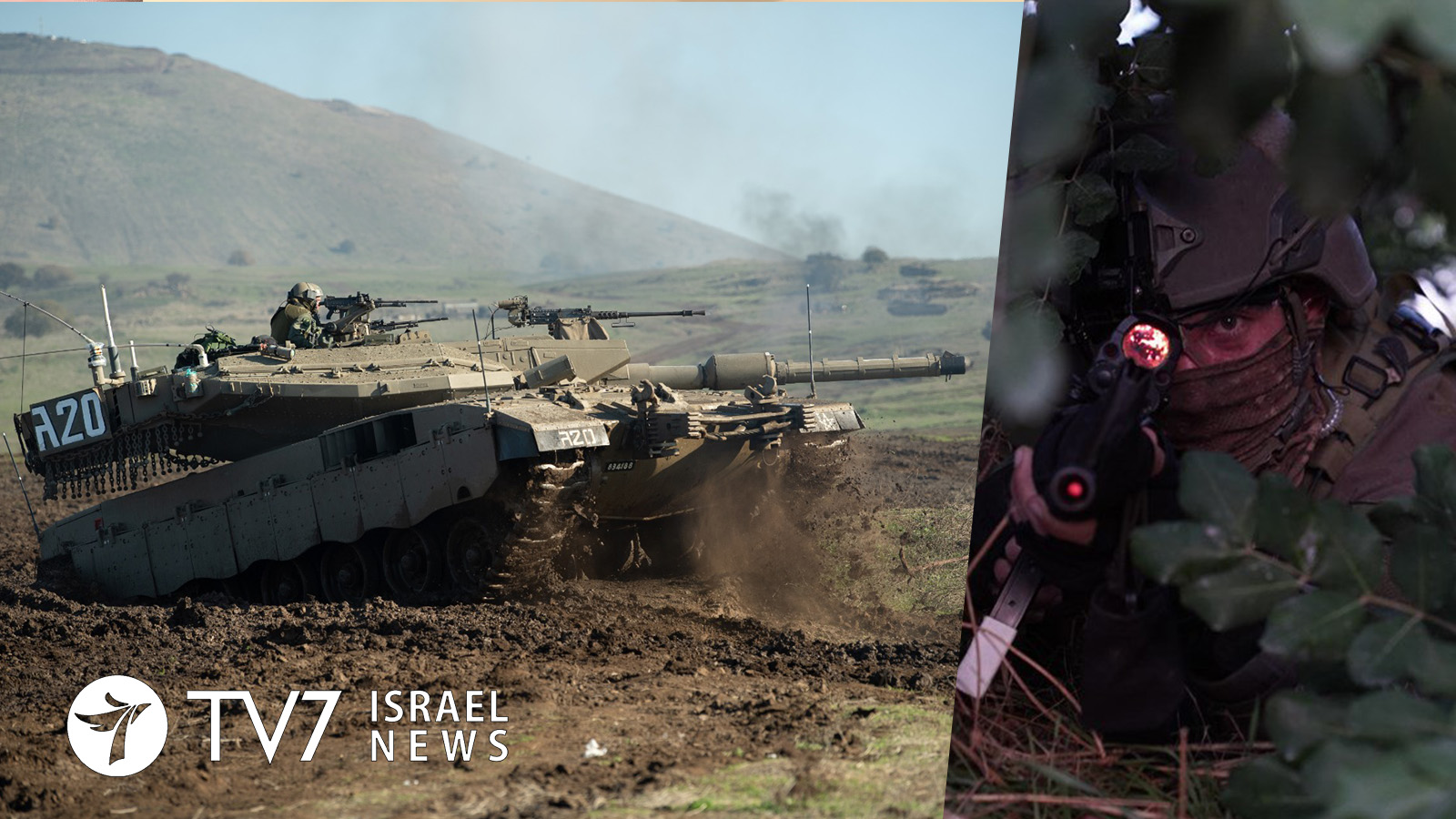The two hidden enemies dilemma
By Amir Oren
Between wars, military organizations prepare for the next one (rather than for the last one, hopefully). They analyze the threats, prioritize their investments in ways and means of countering enemy capabilities, draw operationsl plans – and train. Without training, as close as possible to the real conditions expected, they will come up short. Training, in the field, boots and all, and not only simulation, brainstorming and workshops.
The IDF remembers only too well what happened the last time it ignored the necessity of training and was distracted by other duties. It was 2006, most ground units have been sent for the preceding five years to police duties in the West Bank, and their training time in a Lebanon war scenario – or even basic Tank gunnery – was cruelly curtailed. Several Generals warned their political superiors that the consequences would be costly should Hezbollah trigger a renewal of hostilities, frozen since 2000. But the government was unmoved. There was no war in sight, Hassan Nasrallah was being deterred, and if he were to be foolish enough to provoke something, the Israel Air Force will take care of him with no need for a ground invasion relying on the skills of Colonels and Sergeants.
Aviv Kochavi, the current Chief of General Staff, does not intend to re-learn the same lesson. For him, being constantly prepared for war is first and foremost. Easier said than done, because the IDF does not have the luxury of devoting its attention to this task, as it must also conduct a semi-covert, mostly deniabe stand-off campaign against Iranian units, proxies and logistics in Syria, while transforming the force from a legacy one to multi-dimensional warfare effective in one to two years with an eye on the 2030 framework.
So Kochavi has put the training of ground formations – Divisions, Brigades, Battalions – in projected fights against Hezbollah above everything else. It starts with the basic building blocks of infantry companies, armored troops and artillery batteries, and goes up to various combinations of Brigade Combat Teams, made up of various branches and with Air Force, Intelligence and other elements embedded in a joint headquarters. Not in support, as guests – organic.
The IDF has been focusing on “the hidden enemy” – fighters in civilian clothes, dispersing in urban settings among their innocent neighbors and going underground into an intricate system of tunnels under crowded city centers.
This is a hidden enemy? One can hear the silent jeer of the Corona virus. As early as February, the IDF had reorganized its operations so as to continue full speed ahead regardless of Covid-19. On a visit to an Air Force Wing a few flying minutes from the Syrian border one could see even then what would become standard operating procedure – shifts of pilots, maintainers and cooks with no mutual contacts between them, so as to keep an entire squadron from being put out of commission if one serviceman tests positive. In one of the trendiest words of 2020, capsules.
That turned out to be fine for running the military day-to-day, and while hundreds of soldiers, male and female, were infected over the last eight months and were taken care of, they all recovered, as most of them are young, strong and healthy conscripts in their late teens and early 20’s.
For Kochavi, it is now time to take training to the next level. If up to now only platoon-size forces of a couple of dozen soldiers could share a training ground, he wants to do the real thing, or the make-believe real thing which will save lives, time and missions if the IDF were indeed to encounter the real thing. He ordered a full-scale, if more compact than originally envisioned, Brigade Combat Team field exercise, “even if hundreds of trainees are hit by the epidemic”.
It sounded cold and instantly became controversial, but there was no mistaking the intent. The Israeli military is not going to senselessly endanger its troops by shelling too close to their positions or rationing water on forced marches, as was the habit in the primitive 1950’s. It is not, however, going to succumb to the virus in a sort of self biological warfare. No armistice for the duration of the pandemic has been signed by Israel’s enemies. In Hebrew, the words Hassan (for Nasrallah) and Hissun (for immunization or inoculation) may spring from the same root, but there is no guarantee that Hassan will wait until after there is Hissun.
Kochavi wants the IDF to get into the habit of living, training and fighting in the presence of – within the context of – Corona, much like the Army prepared to fight in the presence of chemical weapons, or to disperse riots in the presence of armed snipers hiding among the rock-throwers. It may take another year until cures and vaccines are available and life goes on post-Covid mode. Israel’s military, its David’s Shield, cannot afford to have its combat skills atrophy. There is no practical method of adhering to social distancing on the battle-field, and elbowing is not enough. In the Middle East, where the virus of hate and hostility was never eradicated, thr old slogans of aiming at the ability to “Fight Tonight” and “Train The Way You Fight” still apply.
